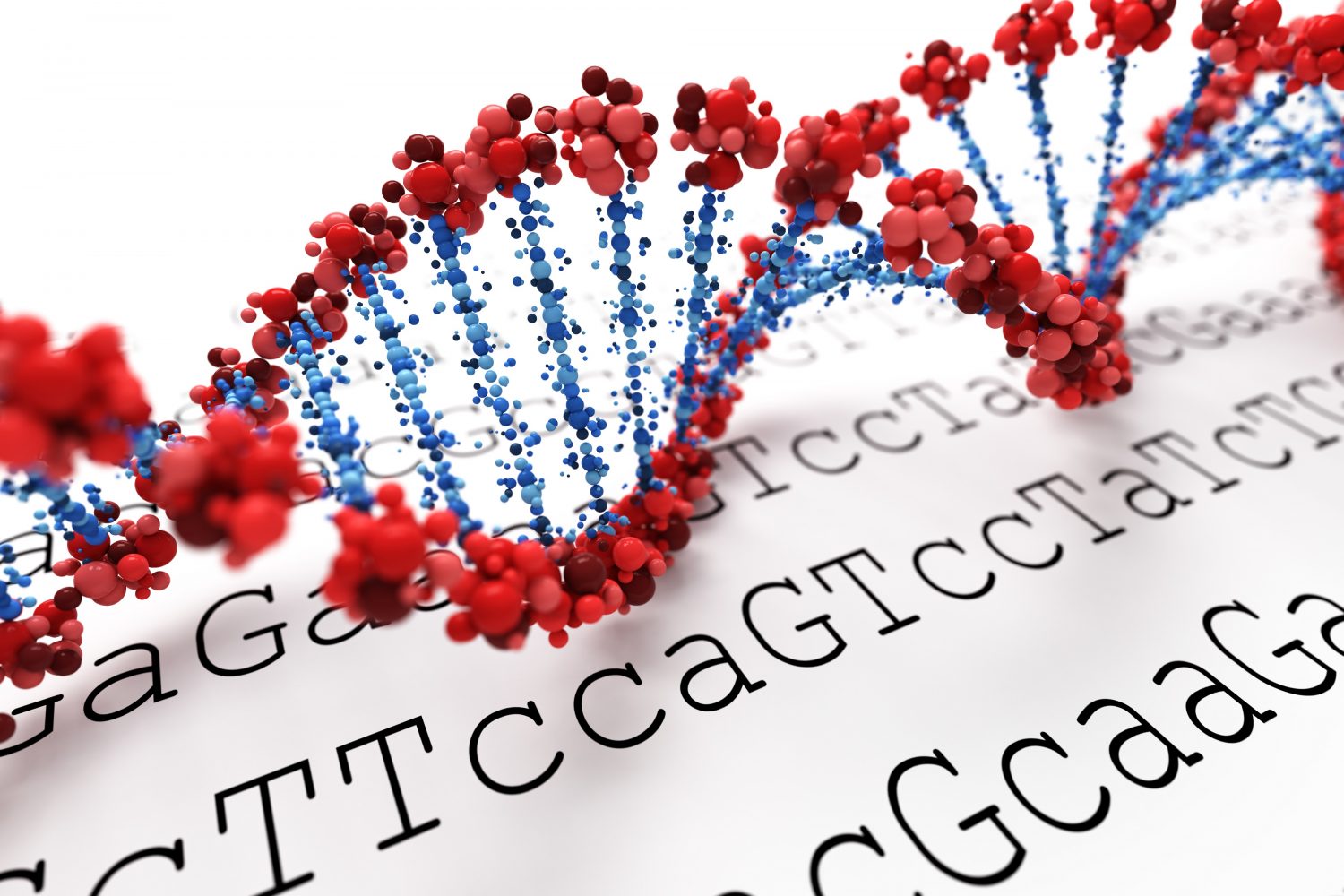
The functioning of the human body is still not completely clear to scientists, let alone ordinary people. Many things and parts make up this complex mechanism. The body synthesizes and produces many substances that help it work optimally. But, if a problem ever arises, pharmacological solutions, i.e., drugs, make up for the deficiency and improve the health condition.
Human bodies metabolize most drugs at a certain speed. Enzymes, whose function is genetically determined, support this process. But genetic changes can disrupt it. They can make the drug act or don’t act at all. That is why two people can accept the same therapy differently. One will respond well, while the other will experience some side effects.
So what does pharmacogenomics has to do with that? Is it just another long word that confuses people around the world? Pharmacogenomics is a form of molecular genetics testing. It searches for subtle changes in genes. These anomalies can affect whether certain drugs activate or repress certain enzymes. More on the role and origin of this field of research see here.
Individualization of Therapy
One of the most apparent benefits of pharmacogenomics is the improvement of therapy prescription. With this testing, health care professionals can identify which drugs are working to improve the patient’s health.
Drugs have been developed to act on or keep the pathogen in the body under control. Only in the past few decades has more attention been paid to genetics and its impact on the effects of conventional therapies. Significant findings have been made on the genes. They are to blame for why a particular drug doesn’t work for everyone.
Some patients metabolize the drug too quickly, which can cause a weak effect or its complete absence. Other patients need more time to absorb the drug. That results in higher levels of the active substance in the blood, so frequent side effects and toxic reactions are possible.
On the following source, find out about common side effects in pharmaceutical products:
https://www.webmd.com/a-to-z-guides/drug-side-effects-explained
Once the researchers sequence the patient’s genome, they can see if any substance is causing a problem. By using an extensive database, they will detect any variations in genetic patterns. That will help them distinguish whether a particular medication is impacting a patient’s health. This progress in determining and tracking therapies allows doctors to better treat their patients.
Fewer Side Effects
Using this testing in clinical settings can identify biological labels affected by drug substances. These markers can then be compared to the outcomes in healthy people to determine whether the drug is causing harm or good. That allows researchers to design and test safer and more effective remedies in the future.
In clinical settings, pharmacogenomics can prevent the risk of adverse drug reactions. With the knowledge of genetic response, doctors can adapt the drug dose to each patient. These people should always inform their physician if they have any changes in their health during or after therapy.
Early Disease Detection

Any genetic testing requires a patient’s blood as a sample. When analyzing it, skilled lab technicians will look at the results to determine possible anomalies in genes. The main purpose of such testing is to identify any faults that can lead to drug interactions. That’s crucial as some remedies may interact with each other and cause problems in patients with existing medical conditions.
But can this testing help with disease prevention? Yes, it can. Genetic anomalies can cause health problems too, and pharmacogenomics can identify and prevent these issues. Knowing the genetic code of the patient will allow better monitoring. Also, doctors will detect possible health risks and determine the best prevention.
Diabetes and cancer are the conditions that have shown promise through genetic testing. Specific genes and their anomalies affect the body’s insulin production and malignant cells’ development. When these disorders are spotted in the early stage, the chances of a complete cure or control of the disease are high.
The new way of diagnosing and treating diseases on a molecular level has recently drawn a lot of attention. Many people will benefit from genetic testing. The progress in technology has helped to improve the patients’ quality of life through better treatments adapted to each of them.
Leave a Reply